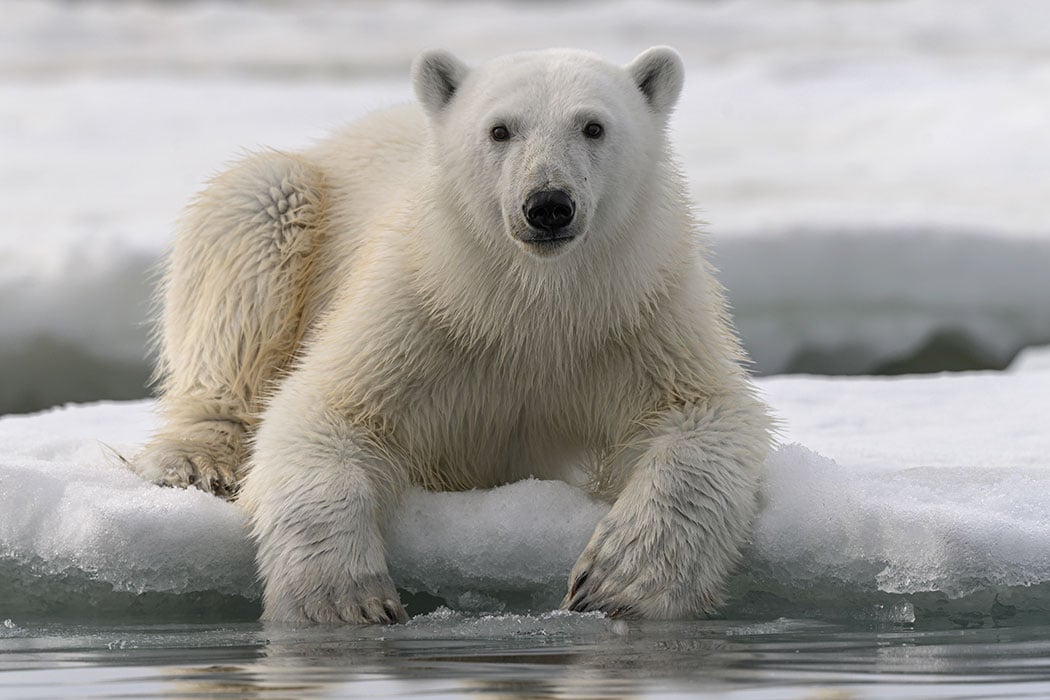
02 Oct On World Habitat Day and Animal Day, Let’s Give our Love to the Animals
There are 45 animal species currently on the World Wildlife Fund’s Endangered species list, 19 of which are ‘Critically Endangered’.
To celebrate World Habitat Day on Oct. 2, and World Animal Day on Oct. 4, we want to call out the organizations that are doing incredible work for animals, and to highlight way that we can help.
World Habitat Day and World Animal Day
Protect the Endangered Species Act
The House of Representatives is moving ahead on legislation, including H.R. 2603 (the SAVES Act) and H.R. 717 (the Listing Reform Act), that would roll back critical protections for endangered and threatened species.
If these bills pass, there will be tragic consequences for elephants and other species. Decades of protection and progress could be unraveled as the U.S. becomes a marketplace for the ivory, fur, bones, and skins of animals threatened with extinction.
SIGN YOUR NAME and reject the proposed roll-backs and honor the U.S.’s legacy of science-based conservation.
Oceana
Everywhere you turn, there is crisis in our oceans – the world’s smallest sea turtle racing toward extinction, harp seals in danger from melting sea ice, and dolphins killed in indiscriminate nets.
Since its founding, Oceana has won more than 100 victories and protected more than one million square miles of ocean. DONATE TO OCEANA
Elephant Cooperation
Elephant Cooperation is a non-profit devoted to raising awareness of the African elephant crisis and supporting existing NGOs who embrace our cause. Using unique business approaches to support protection, awareness, and communities in Africa, 100% of all donation made to Elephant Cooperation goes directly to Elephant Cooperation projects like: anti-ivory campaigns, building wells so elephants have access to drinking water, and maintaining elephant fencing.
DONATE TO THE ELEPHANT COOPERATION
Adopt a Polar Bear through World Wildlife Fund
Polar bears populate the annual arctic sea ice in northern Canada, Greenland, Norway, and Russia. Between late April and mid-July, polar bears hunt  ringed and bearded seals on the sea ice. With adult males weighing up to 1,430 pounds and growing as much as nine feet in length, they are the world’s largest terrestrial carnivores.
ringed and bearded seals on the sea ice. With adult males weighing up to 1,430 pounds and growing as much as nine feet in length, they are the world’s largest terrestrial carnivores.
As a result of climate change, sea ice is melting earlier and forming later each year, leaving polar bears less time to hunt. As their ice habitat shrinks, skinnier and hungrier bears face a grave challenge to their survival.
What can we do? Donate to support wildlife organizations, tell your state legislation that you stand for critical protections for endangered and threatened species, and be a #LoveActivist at this time when it means so much for our animals.



No Comments